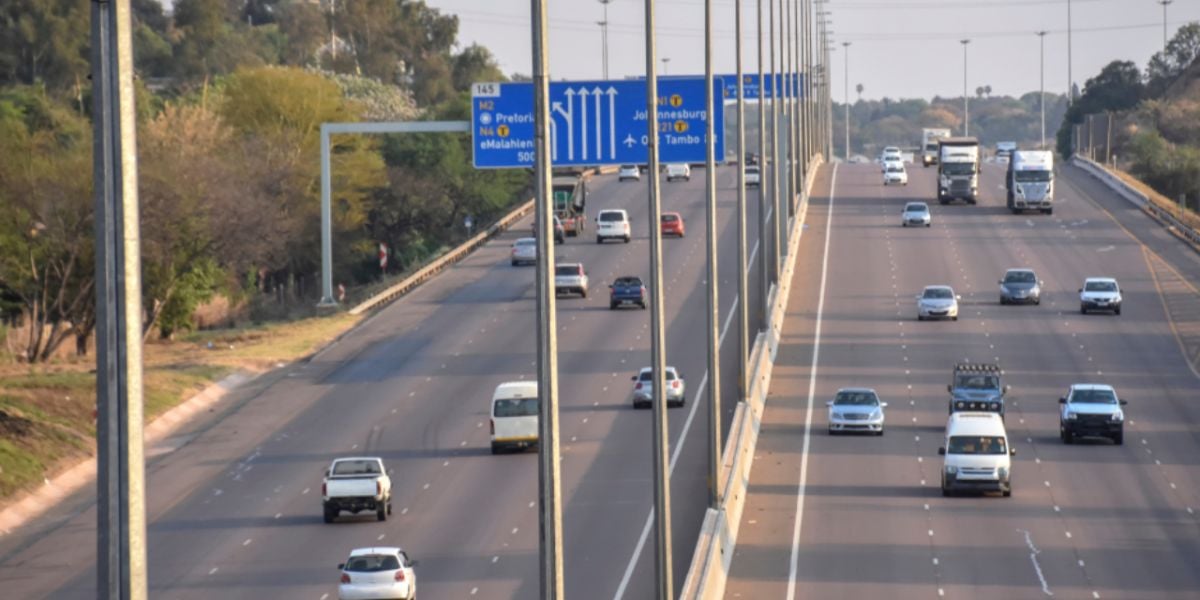
South Africa is a huge country, but it is undoubtedly the country in Africa with the most modern infrastructure for getting around.
Domestic flights in South Africa
This is the best way to travel because the major cities are far apart. There are many airlines, and domestic flights are not very expensive because of the competition that lowers the prices. All major cities have their own airport: Joburg, Cape Town, Durban, East London, Port Elizabeth, Bloemfontein, etc. The main airlines operating domestic flights in South Africa are:
- South African Airways
- Cem-Air
- Airlink
- FlySafair
From Johannesburg, it takes 1h10 to fly to Durban, 2h05 to fly to Cape Town, and 1h30 to fly to East London. A flight from Cape Town to Durban takes 2h05, from Cape Town to Bloemfontein 1h40, and from Durban to East London 1h.
A Joburg-Durban ticket costs between 90 and 110 euros, Joburg-Cape Town between 90 and 120 euros, and Durban-Cape Town between 80 and 120 euros.
All you need to travel around South Africa is an identity document: passport, driving license, identity card. Children who do not have an ID must present a birth certificate (or certified copy) less than three months old.
Check-in closes 40 minutes before flight departure.
Long-distance buses in South Africa
Buses are one of the best options as most major cities are served by bus lines. It is a safe, reliable and scenic way to travel and a little cheaper than flying, but it is still very long: between 6 and 8 hours from Durban to Johannesburg, about 16 hours from Durban to Cape Town and between 16 and 18 hours from Joburg to Cape Town. The main bus companies are
- City to City
- Greyhound
- Intercape
Buses regularly stop at rest areas on the highway where passengers can buy food in small supermarkets or fast food outlets.
A trip from Johannesburg to Cape Town costs about 45 euros, Johannesburg to Durban 25 euros and Durban to Cape Town 40 euros, but prices vary depending on the date. Train tickets can be purchased online at Computicket Travel, in Shoprite or Checkers supermarkets, and at company ticket offices in bus stations.
Some companies also offer cross-border travel to Mozambique, Botswana, Namibia, Zimbabwe.
Trains in South Africa
The long-distance intercity service is operated by Shosholoza Meyl. The lines serve Cape Town, Durban, East London, Port Elizabeth from Johannesburg. Train journeys are very long: 26 hours to go from Cape Town to Johannesburg but not expensive, around 650 Rands for a berth on the Cape Town-Johannesburg route.
The Blue Train, famous for its 1950s decoration, used to connect Cape Town to Pretoria and will start operating again in September 2022. The two-night, 1,600-kilometer trip also includes an excursion to the Big Hole in Kimberley and a visit to the Diamond Mine Museum. The one-way fare is R28960 in the Deluxe Suite and R36945 in the Luxury Suite and includes meals, wine and drinks and even cigars.
On 27 June 2023, the Blue Train will depart Pretoria for Kruger Park and return to Pretoria. This two-day tour, which only takes place once a year, costs R52865 in the Deluxe Suite and R66 080 in the Luxury Suite and includes meals, drinks and safari excursions.
The Rovos Rail used to be one of the most luxurious trains in the world. The routes served were: Pretoria-Cape Town, Pretoria-Durban, Pretoria-Victoria Falls. Sightseeing tours of 2 to 15 days, including many excursions, were offered. But this train stopped operating in 2020
The Premier Class Train that connected Joburg to Durban and Joburg to Cape Town stopped operating in 2020 because of Covid.
The rail network was plagued by vandalism and cable looting during the confinements, and the Shosholoza Meyl company is just now resuming mainline operations. Weekly trains from Johannesburg to Port Elizabeth and Johannesburg to East London were introduced in July 2022, and the Cape Town-Johannesburg and Durban-Johannesburg routes are expected to resume in December 2022.
The rail network is well-developed around the major cities, but the suburban trains around Joburg are dangerous and should be avoided. The trains to Cape Town are less dangerous, but it is best to avoid traveling after dark.
Renting a car in South Africa
Having a car offers independence and freedom of movement. All the major car rental companies are present in South Africa, and the rental rates are not very high. The road network is very good, too. A credit card in the driver's name is required to rent a car. The driver's license, if it is not in English, must be accompanied by a translation made by a sworn translator or present an international license. To rent a car you must be over 18 years old and have had your license for more than two years. Most companies require you to be over 25 years old and have been driving for more than five years. Those who agree to rent a vehicle to people under the age of 25 charge a young driver's fee.
Urban transport in South Africa
Each major municipality has its own reliable and safe bus company, but also has a network of private minibuses that are generally poorly maintained and whose drivers are dangerous. This network is the most widely used means of transportation because it is fast, inexpensive, and serves areas not served by municipal buses, but it should be avoided because of the risk of accidents and theft.
There are many cab companies in all major cities, and cabs are usually metered. If they are not, you should negotiate the fare before you leave. The Uber and Bolt applications are reliable and safe and cheaper than the official companies.
Important:
Hitchhiking and traveling at night, whether by train or bus, are not recommended.
Useful links:
We do our best to provide accurate and up to date information. However, if you have noticed any inaccuracies in this article, please let us know in the comments section below.








